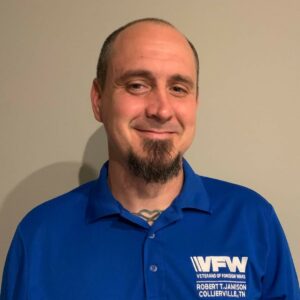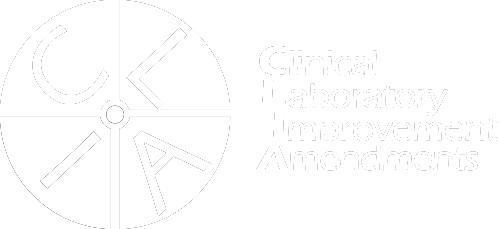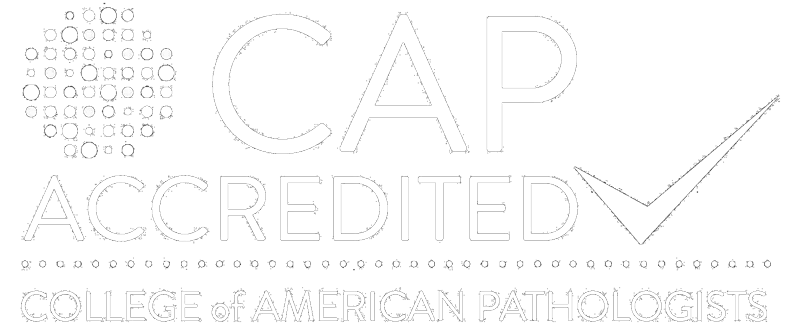
For Brad Bell, it came down to one word: Willingness.
“I was in pain. I needed help,” he recalls his addiction struggles after leaving the Marine Corps. “But I had the willingness to change.”
Bell credits treatment courts, particularly the Shelby County Veterans Court, for turning his life around. And now, he’s giving back as an advocate for veterans and the courts that serve them.
“I spent my entire adult life as an alcoholic, and I just didn’t know it,” Bell tells Averhealth. “Things changed when I left the Marine Corps. My world was turned upside down. I felt like I lost my focus and didn’t adjust to society very well.”
During his 10-year career, Bell served in Iraq and Afghanistan and was stationed on temporary assignments in Eastern Europe and on domestic bases. But the transition to civilian life was not easy. Three years of a shelter-to-streets vicious cycle cost him a marriage and the ability to see his children regularly.
“As Marines, we don’t surrender; we figure things out,” he says. “I was finally in enough pain and in enough trouble that Shelby County Veterans Court gave me a second chance in life. They rehabilitated me and cleared every obstacle they could possibly clear of any excuse I came up with why I could not do something.”
He is one of the hundreds of success stories we celebrate during National Drug Court Month.
From getting help to helping others
Shelby County’s Veterans Court started ten years ago and is now one of more than 250 courts around the country designed to meet the unique needs of veterans with substance use.
“Veterans Court believed in me,” he says. “That was something I had lost – the belief in myself. I was tired of feeling shame and remorse and letting my family down. The pain I was dealing with. There were two inevitable things that would happen – I was going to kill myself, or someone was going to kill me.”
Instead, Bell turned his life around with three years of sobriety and counting, thanks to the court support and services.
“Life is amazing today,” he says. “I still get a few curveballs, I get hit by a few punches here and there, but I have the necessary coping skills and a support network I can call on. I still work a 12-step program at least five days a week because it works for me.”
Bell serves as a coordinator for the Memphis chapter of Irreverent Warriors to help veterans improve mental health and prevent suicide. He’s also the senior vice commander of VFW Post 5066 in Collierville, Tenn. Bell also completed training to become a Licensed Alcohol and Drug Counselor (LADC), and a peer support specialist for the Tennessee Department of Mental health and Substance Abuse Services. Even better – he’s remarried and active with a blended family.
‘Your life will change for the better’
“I use the tools I have been given to work with other alcoholics and drug addicts in the Memphis community,” Bell says. “Now, I serve people who felt the exact same way I did. I never want to feel that way again in life, and I don’t want anyone else to feel that way.”
His advice to other veterans who might need help? “Change people, places, and things,” he says. “If you change those things and put in some action, your life will change for the better.”
Bell credits the Shelby County Veterans Court and its staff for his success. And, in the end, he said, their accountability made the difference.
“When the case managers and court team tell you to be somewhere and tell you the consequences of when you don’t do this, that’s why it is so successful,” he explains. “They call their clients to a high standard of accountability. They want to see us succeed, but they’re not afraid to hold us accountable and put us in jail for a few days to have us think about what we did.
“Kudos to the judges for saving so many lives.”
Bell will share his story in person during an Averhealth-sponsored seminar at Rise22, the annual conference from the National Association of Drug Court Professionals, held this year from July 25-28 in Nashville.


